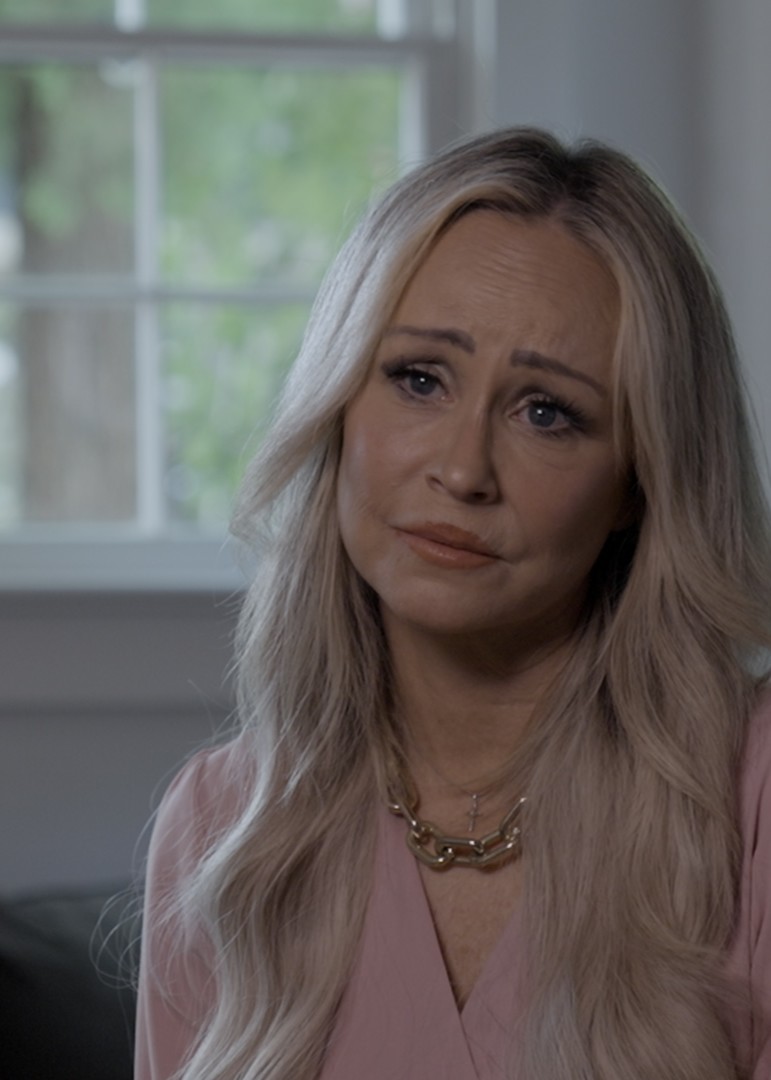Anne Fundner still remembers the phone call that shattered her life. Her husband only said two words: “He’s dead.”
“Who?” Fundner asked him from her Florida hotel room, where she had been staying for business. She said she was convinced she must be dreaming.
“Weston,” her husband responded.
Fundner told IW Features she dialed 911 on instinct, urging the first responders to rush to her house in Dana Point, California. But reality set in once her husband called her back to say, “Anne, it’s too late, they’re already here, and he’s gone.”
Like many other well-meaning mothers, Fundner tried to set her son Weston up for success. They went to church on Wednesday nights and Sunday mornings, invested in his private education, and made sure he had braces “so he’d have a great smile when he was older.”
But Weston didn’t get the chance to grow older because the illicit drug trade doesn’t discriminate.
Before that morning, life in Dana Point looked ordinary in the best way. Fundner and her husband had met years earlier while working for Oracle, settled in Southern California, and built a faith-centered home for their five children. Weston was the oldest and lived to make people laugh.
“He taught me how to be a mother,” she said. “Weston was the one who taught me what it was like to really know love.”
In his freshman year, however, Weston left his Christian private school for a much larger public campus. Fundner drew the lines––no sketchy parties, regular check-ins when he was out of the house. But she knew she could only control so much.
“He was getting to be at the age where he was going to be facing some decisions on his own,” she recalled.
Two weeks before Weston’s death, a doctor had mentioned stronger pain medications for a hand injury he was dealing with. The word “Percocet” stuck with him, so when a pill was offered to him at a friend’s house, Weston must have thought he recognized it, Fundner said.
But the pill wasn’t a Percocet at all. It was a counterfeit pill, she said: “It was blue press powder with pure fentanyl, nothing else.”
And it took her son.
“I just didn’t understand what was happening, how you set your child up for every success in the world, that this could happen… We did everything right… and it was all gone just like that,” Fundner said.
This was a completely preventable death, Fundner said, just as she firmly believes the fentanyl epidemic is a completely preventable crisis. In fact, she traces her son’s tragic death back to the failed immigration policies of the Biden administration. The weak open border policies under President Joe Biden enabled millions of people to enter the United States—many of them drug and human traffickers who brought with them deadly drugs like the one given to Weston.
And yet no one in the Biden administration seemed interested in stopping the flow of drugs across the border. After her son’s death, Fundner asked herself: “Where is the COVID response?,” referring to the Biden administration’s draconian approach to the spread of the COVID-19 virus. In contrast, the administration refused to address the root causes of the fentanyl crisis, which has been the “number one killer” in America—“more than cancer, more than car accidents, more than guns that they [Democrat lawmakers] talk about all the time,” Fundner said.
Fundner specifically named President Joe Biden and former Vice President Kamala Harris, who was appointed to be in charge of the border at that time, but “she did nothing.”
And it’s not just the Biden administration to blame, she argued. Fundner also firmly lays the blame on Democratic states that have enabled the fentanyl crisis in their own ways. For example, in California, where Weston was born and raised, officials refuse to aggressively prosecute drug-related crimes, she said.
“So [California Gov.] Gavin Newsom is incredibly negligent and liable,” she said.
But grief quickly became purpose for Fundner. When she went searching for other parents in a similar situation, she found a group called Lost Voices of Fentanyl and began helping the group’s advocacy. Though some of the members lost their loved ones to addiction, Fundner still felt a connection to those grieving because “no one deserves to be deceived to death.”
Her activism has even grown nationwide. After she moved to New York and got connected with Moms for Liberty, Fundner had the opportunity to speak at the Republican National Convention (RNC), which she said has opened many more doors for her “to be an advocate against the scourge of fentanyl that was coming over the border.” This includes working with President Donald Trump on the HALT Fentanyl Act, which became law in July 2025 to permanently classify “fentanyl-related substances” as Schedule I, therefore closing destructive loopholes and giving law enforcement clear authority to seize and prosecute traffickers.
If policymakers want to understand what families are up against, Fundner said, they need to start where most fentanyl deaths actually begin––in ordinary rooms with ordinary kids under unbearable pressure. Weston was really headstrong, Fundner said, and despite them having many conversations about never trying substances, he still got caught up in peer pressure.
“He knew better, but kids’ social status is like stardom, it’s worth its weight in gold, and when everybody in the room is trying something and you’re new and you don’t want to stand out or be like that Christian schooled kid, you know, he wanted to be like everybody else,” she said.
On top of that, the predators themselves are sophisticated.
“These drug dealers speak your kid’s language. They’re extremely manipulative and cunning,” Fundner added. “It’s 50 times more addictive than crack… if you try fentanyl one time, it’s not a matter of if you’re going to die, it’s a matter of when.”
There may be “no true justice,” for her, Fundner said, because “my son is gone, and the only thing that I would love is to hold him again, and I can’t.”
Still, she has an answer for our nation as a whole.
“Justice would be holding people accountable that were part of this, going up the chain, criminalizing people,” she said, and “really finding out where it came from and furthering the investigation.”
Until the day she’s reunited with her son, Fundner said she’ll keep telling his story with the kind of mother’s love that transforms personal catastrophe into a mission. Fentanyl should not have been over here, she said, and parents need to know what they’re dealing with.
And after years of fighting already, and with years of fighting left ahead of her, Fundner feels affirmed that her son’s life had a purpose.
“It wasn’t just about Weston making a bad decision and dying,” she said. “God had a plan for my son’s life—because I know that my son is saving lives through his story.”











